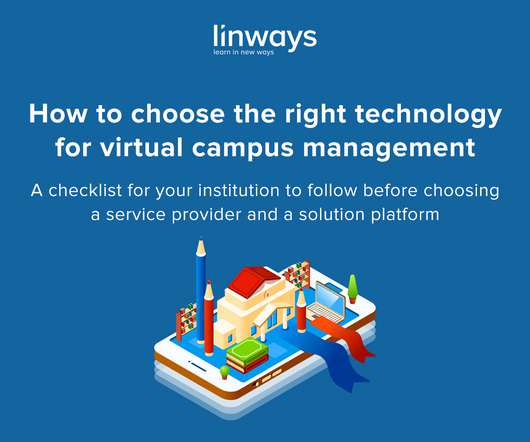Are MOOCs really dead?
Neo LMS
JANUARY 5, 2016
MOOCs have been considered for a very long time a great way of learning, because they are useful, diverse, surrounded by communities and mostly free. And there’s no chance of reviving the world of MOOCs. MOOCs have a chaotic learning environment because most of the content is user-curated and there’s clutter everywhere.












































Let's personalize your content